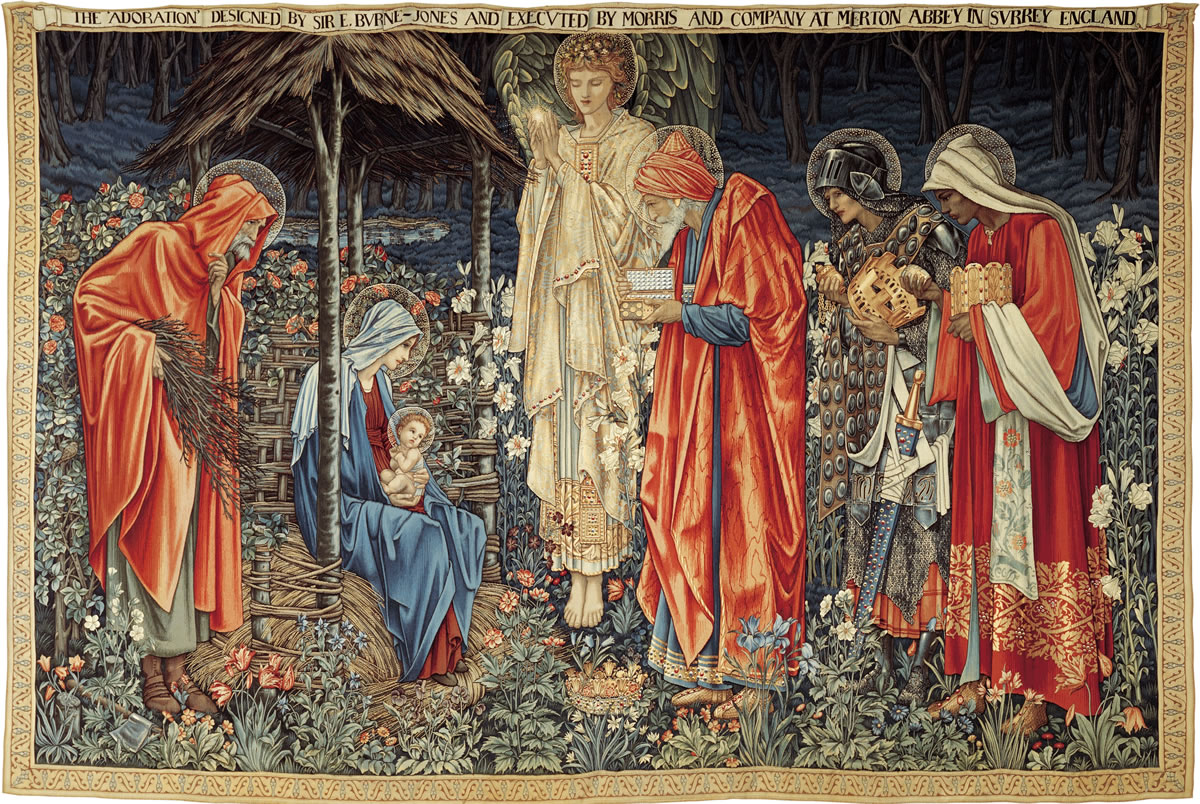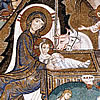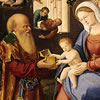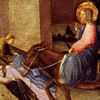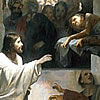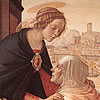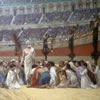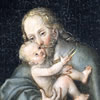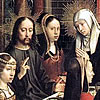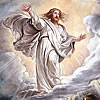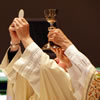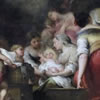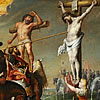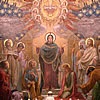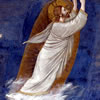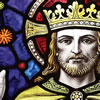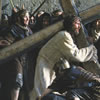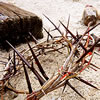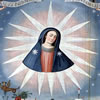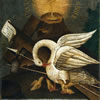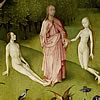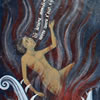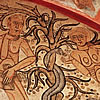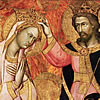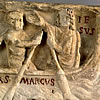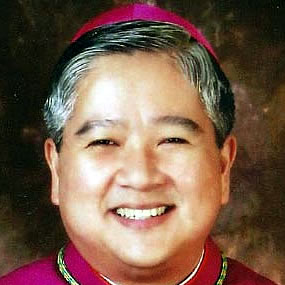Lessons from the Visit of the Magi
The visit of the “three kings” must have been very enigmatic to us as children. We might have imagined three lone figures riding camels through the desert in search of the child Jesus. But as we grew up, we realized that the story is less cozy and more disturbing: a king ordered the murder of all children in Bethlehem.
In this story from Matthew 2:1-18 (it might be good to read it), Magi came from the east to find the Messiah – whom prophets have said will take the throne of David, and whose kingdom will have no end. This is why the Magi asked, “Where is the newborn king of the Jews?” This, of course, frightened King Herod for it threatened his reign because no kingdom can have two kings. It is either he remains king, or the child king takes over his throne.
When the scribes interpreted the Book of Micah correctly, they ascertained that the child was born in Bethlehem. It is a city of importance because this was where King David was born and grew up a shepherd. This is significant because prophecies of the Messiah allude he will be a “new David.” In fact, a title of the Messiah is, “Son of David.” That Christ was born in Bethlehem, whose first visitors were shepherds, and grew up to be the Good Shepherd, is the fulfillment of this.
They did find the child in Bethlehem and gave him gifts of gold, frankincense, and myrrh. There are many reflections on what these gifts mean, but the one that is apt for our theme is that these were materials the Magi used in their craft. Symbolically, they offered their work to Our Lord. Isn’t this what we are called to do? That God created us so we can offer back all of creation to him. Isn’t this what the priest does when, during the Eucharistic prayer, when he lifts up the body and blood of Christ as an offering to God the Father, and says, “Through Him, with Him and in Him, in the unity of the Holy Spirit, all glory and honor is yours, almighty Father, for ever and ever.” We too are called to give God all we have – the best “fatlings,” just as Abel did. We are called to give our very selves. In the succeeding masses we attended, we can do that when we unite ourselves with Christ’s sacrifice when the priest raises the host as an offering to the Father. We put our work and our very being in the hands of the priest so he can offer it, in union with Christ, to the Father.
Before the Magi left, King Herod hatched an evil plan. He asked the Magi when the star, that guided them, appeared. This alludes that the star appeared when the child was born, and he could figure out how old the child must be. We find out later that that child must have been two years or less at the time of the Magi’s visit because that is the age of the male boys Herod massacred. (That, and the Greek word Matthew uses for Jesus when the Magi visited doesn’t mean “baby” but “toddler.”)
In a dream, Joseph received instructions to leave for Egypt. The words that we must pay attention to is, “Joseph rose and took the child and his mother by night and departed for Egypt.” He rose from what? It would seem he rose from sleep right after the dream and left that very night. It shows us how well Joseph discerns the will of God. He receives his messages in a dream, and he could have just scoffed it off as an overactive imagination. But he didn’t; he took it seriously. He must have some sort of relationship with God through prayer or else discerning God’s will might be difficult. The other thing that must be pointed out is that he acted immediately – he took Mary and Jesus and left for Egypt that very night! Let us follow Joseph, who, even if it was difficult and perilous, left in haste that night. This is Joseph’s parallel action to Mary’s leaving in haste to visit Elizabeth. We must ask ourselves, do we act in haste when God inspires us to do things? Or do we procrastinate until we’ve forgotten to do it altogether?
Herod asked the Magi to return to him and tell him where they found the child. When Herod found out they weren’t coming back to him as he asked, he had the boys in Bethlehem killed. When The Holy Family escaped to Egypt, we must not miss that Matthew is reminding us of Moses who escaped death when Pharaoh decreed the death of all newborn Hebrew boys. Matthew helps us understand that Jesus is the new Moses – the new lawgiver.
The last reflection we might want to dwell on is the different reactions of the Magi and King Herod to the birth of Jesus. On one hand, we have a group of foreigners that doesn’t know Jesus; they are not even Israelites. But they are given a tiny and obscure sign – a star – which they follow. They travel far and long just to get to know this new king. On the other hand, we have a king who is hell-bent on killing the new king because it threatens his dominion, his freedom, his pride. There is one event, the birth of a new king, but there are two reactions. How do we react to the new king? Are we like the Magi? Do we go out of our way to get to know him in prayer, and in the Eucharist where he is sacramentally present? Or are we so threatened that we “kill” him in our life in fear we won’t be able to do what we want to do if we make him king of our life? Like Herod, are we afraid to relinquish our “kingship” to give way to the rightful king?
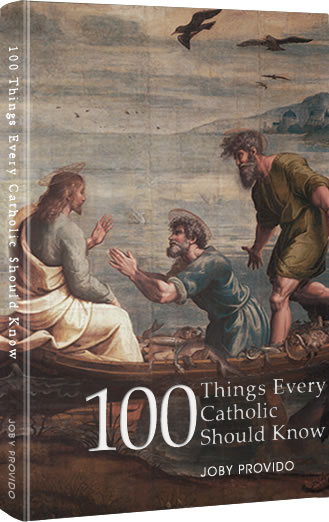
100 Things Every Catholic Should Know
Whether or not you are new to the Catholic Church, or struggling, or lapsed, or dynamically involved, this book will enlighten you with the essentials of the Faith that have been handed down to us by the apostles.
Each of the 100 topics is easy to read and distilled into bite-sized portions. Through cross-referencing, the book also shows how the topics are interrelated. Those who are new to the Faith will find this book an edifying handy reference, and those who have simply forgotten will find it a great review material that might spark a new love for God and religion.
Get your copy now either in Hardbound, Paperback, or Kindle
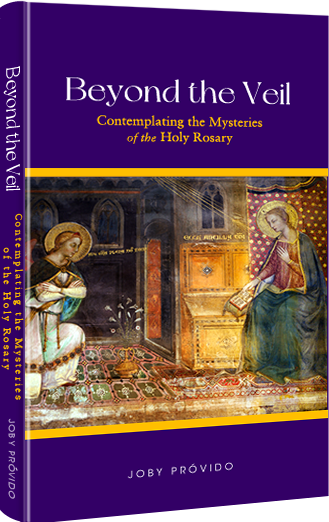
Beyond the Veil
Contemplating the Mysteries of the Holy Rosary
Prayer giants like Pope St. John Paul II, Pope Paul VI, Bl. Archbishop Fulton Sheen, and Bishop Robert Baron advocate that we contemplate on the mysteries of the rosary while we say the vocal prayers. Unfortunately, there are not many books that teach us how to do this. Beyond the Veil comes to the rescue by suggesting seven ways we can pray the rosary the way it was intended.
The larger part of the book offers mental images for each of the mysteries we can use in our contemplation, for how can we imagine the scenes in the rosary if we don't know about them?
Get your copy now either in Hardbound, Paperback, or Kindle
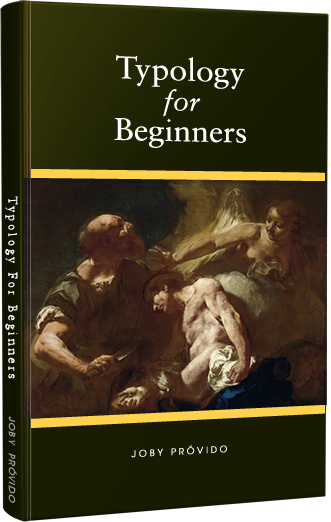
Typology for Beginners
A Catholic Perspective on understanding the New Testament through the Old Testament
First-century Jews converted to Christianity in droves because of the way the New Testament was written to show Jesus was the Messiah promised by the Old Testament. We also learn about how Mary is the New Eve and the Ark of the Covenant in the way the writers portray her.
Through typology, the patterns that connect the Old and New Testaments make the Bible stories more accessible so that one becomes excited to read Sacred Scripture again.
Get your copy now either in Hardbound, Paperback, or Kindle
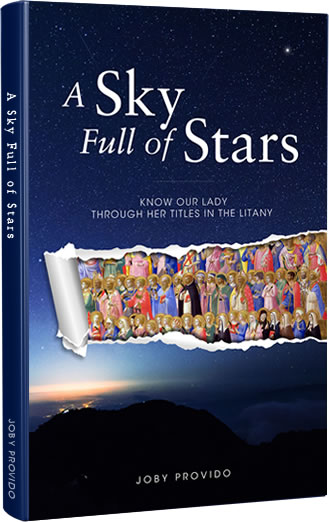
A Sky Full of Stars
Know Our Lady through her Titles in the Litany
The Church helps us understand who Mary is by honoring her with different titles in the Litany of the Blessed Virgin Mary. Unfortunately, over time and difference of culture, we might not grasp what it is the Church is ascribing to her and lose that opportinity to get to know her.
In A Sky Full of Stars, each title of the Litany is explained so we get know Mary more and fall in love with her all over again.
Get your copy now either in Hardbound, Paperback, or Kindle


